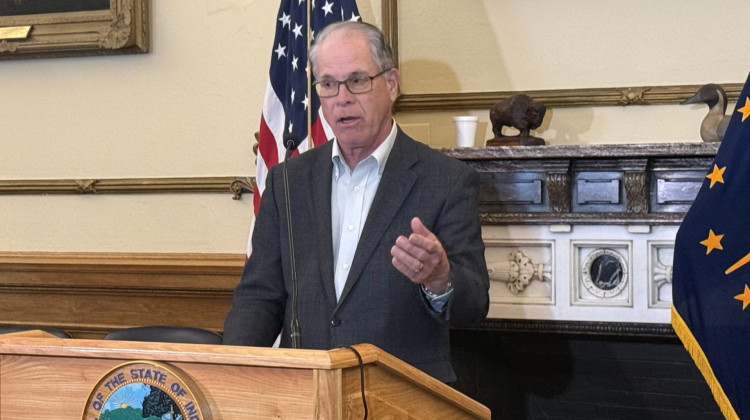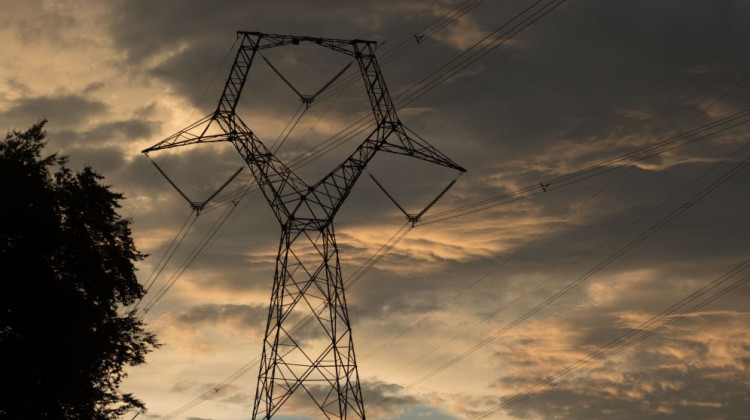
The potential for misuse in illegal surveillance that has the country taking a hard look at drones. Photo: trotaparamos (flickr)
A year ago this week, the Washington Post published documents leaked from former NSA contractor Edward Snowden that showed the American government had been spying on citizens on a global scale. That leak set off a national discussion about an American’s right to privacy – in their homes, on their cell phones, on the Internet, and now, by air.
Rich Hanson helps advise the government on how drones should be regulated. It’s part of his job at the Academy of Model Aeronautics, headquartered in Muncie. Hanson says unmanned aerial systems – his preferred term for the technology – can do a lot of good.
“This technology was used in wildfires in California a few years back to help spot the hotspots of that fire to determine what direction it is traveling," he says. "Quite honestly, had this technology been allowed to be flown in the disaster they had in Arizona where they killed several firefighters on a backfire -- if this aircraft had been airborne and continually monitoring -- they would have known that the fire had changed direction and was heading their way, and possibly saved those lives.”
But it’s the potential for misuse in illegal surveillance that has the country taking a hard look at drones. Hanson says when the public thinks about the flying vehicles – that can be as small as a model airplane and as large as a 737 – they focus almost always on wrongdoing.
“What we’re really talking about is the collection of data," says Hanson. "And every one of us who has a smartphone with us today have the ability to collect multiple times more data than we ever have in the history in this planet. I mean, we all can go out into public and private spaces and collect data on people, and there’s no real controls on how we use that data, except through the civil court or if we actually break some criminal law.”
Jane Henegar is the director of the American Civil Liberties Union of Indiana. She says the Fourth Amendment to the Constitution says the government can only interfere in our private business if there’s a good reason.
“Whether it’s this technology or other technologies, the line should be where we’ve already drawn it," she says.
Legislation passed in 2012 requires the Federal Aviation Administration to come up with rules and regulations for unmanned aerial systems by September 30, 2015.
 DONATE
DONATE







 View More Articles
View More Articles


 Support WFYI. We can't do it without you.
Support WFYI. We can't do it without you.